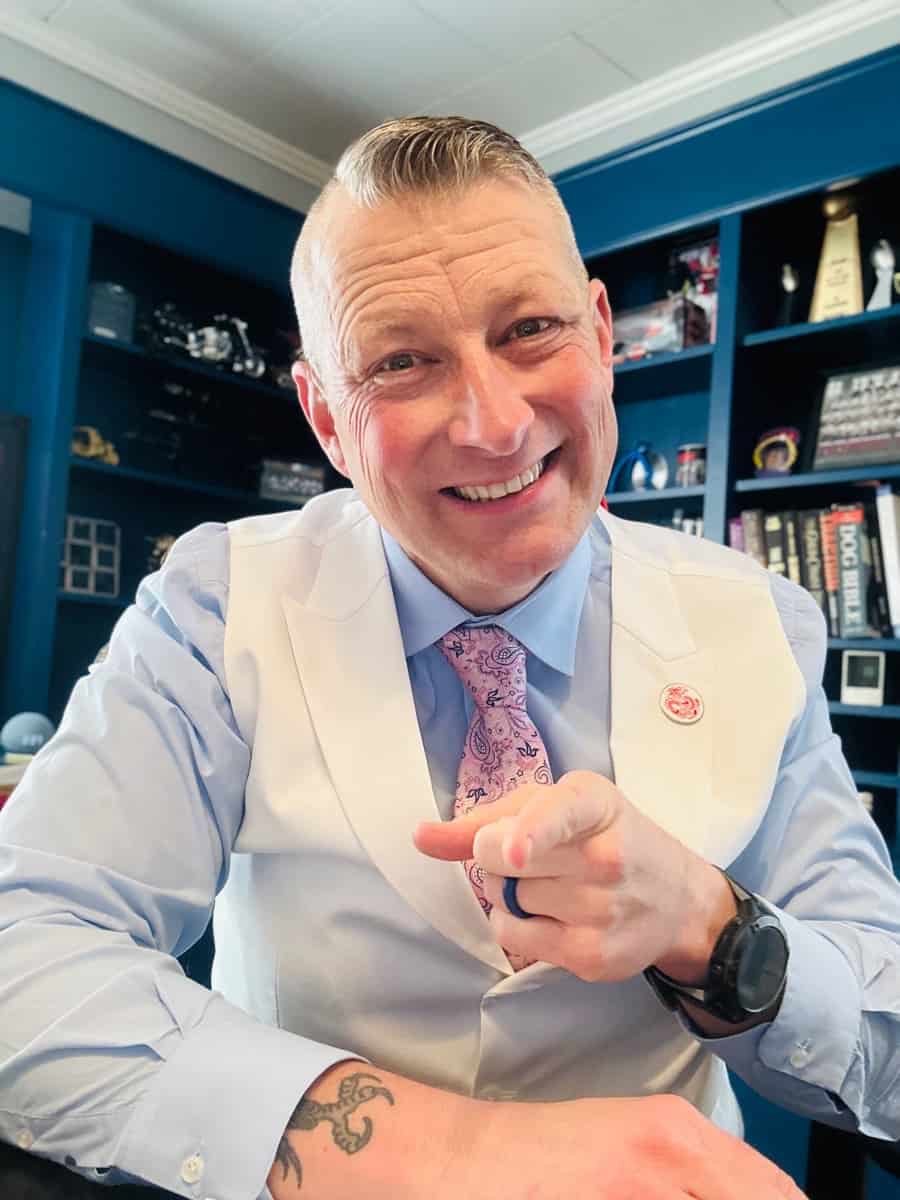Shep Hyken: I talked about how to create customer amazement. And one of the end result is that there’s this consistent and predictable experience. That’s predictability. I think as soon as you make a promise and keep a promise, they always do what they say they’ll do. How hard is that?
Steve Bederman: Well, it must be hard, though. Because when I started building my own businesses in the mid 90s, I entered actually into the contact center space and developing call center. We call them dialers in those days, predictive dialing, and they were really the heart stone as they even are today in terms of somebody’s business.
So in other words, we could not be sure that we can help somebody be successful, but we darn well can be sure we would kill them if we failed. I thought, if they would just try me, they would see that when I say we’re going to do, we’re really going to do and if we do what we say we’re going to do, they’re really going to be happy.
We heard stories from all over the industry about how companies sold them a lot, and didn’t do a lot or didn’t support them. And I thought, what the differentiating factor is, it’s how we care.
Steve Bederman on the Amazing Business Radio Podcast.
The two professionals talked about the best communication strategy for customer service, social media, building customer trust and loyalty, omnichannel customer service and the difference between multichannel and omnichannel customer service
Listen to the full episode here:
The only thing even today, that separated us was our embrace of the client experience. And I’ll end by saying this, that when client experience is not the differentiating factor, then we’ll know that the world is really make a promise, keep a promise, because until then, when I can separate myself just from doing what I say, I’m gonna do shame on the world.
Shep: All things being equal, give a good product, give decent service, and make sure they can trust you, what’s going to happen? Because you said that was your big differentiator in the beginning, adding value. Trust does add value.
Steve: I see trust as the outcome of doing the next right thing, and doing it often enough and sustainably that people believe it. And once they believe it, they trust it will happen again.
Shep: Let’s go to true social media: do you see people in the context or world which is what you’re in? Because people are out there saying, not just making comments about your company, but asking for help about the products that you sell. How important is it for companies to have a presence and be monitoring that? And what’s the best way to go about it?
Steve: Pay attention to a customer, you know, and it’s back to the earlier part of the show, and ask them what’s the way that they can communicate that gives them the most comfort and sets them the most at ease with whatever the type is, and then offer that to them.
In any case, with all of the companies that provide this not just noble does it give your your side, the company side that making the call initiating or the communication, the ability to to make the choice and just like you said, switch and choose.
Communication is just communication. Find the way that works. How lucky are we today that we have a world that allows us such a wide range of ability to connect with each other and that can be used beneficially and even profitably, you know, how lucky are we to be alive today?
Shep: Is there one last nugget you want to share with us something extra something you want to reiterate? What would that final moment be?
Steve: Well, I would say this, especially for business, get comfortable saying yes. And get uncomfortable saying no. So don’t reserve the right to say no, just say yes. And then follow through.

Michael McGuire is a contact center industry expert with almost two decades of experience in the space. His experience includes roles as Director of Contact Center Digital Transformation at NobelBiz, and as Director of Operations at FLS Connect, managing multiple call centers. As President of Anomaly Squared and Targeted Metrics, Michael successfully transitioned companies into remote operations and significantly boosted revenues. With a strong background in customer service, leadership, strategic planning, and operations management, Michael excels in driving growth and innovation in the call center space.
Mike is also a proud Board Member for R.E.A.C.H Trade Group, promoting consumer protection and satisfaction and Co-host of the Off Skripted Podcast – a show about Life, Call Centers and everything in between.


